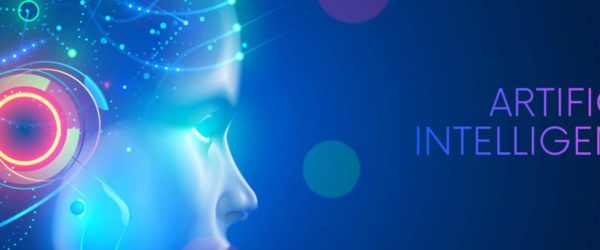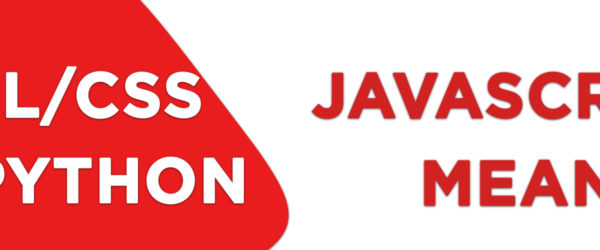There has been an overwhelming surge in recent times of several people venturing into the data science world and using Machine Learning ( ML) techniques to test regularities and build impeccable data-driven goods. It has also been observed, however, that some do lack the necessary mathematical instinct and framework to obtain useful results.
Recently, the availability of many easy-to-use types of machinery and deep learning packages such as sci-kit-learn, Weka, Tensorflow, etc. has been growing. The theory of machine learning is an area that intersects mathematical, probabilistic, computer science and algorithmic dimensions, arising from iterative learning from data and discovering hidden insights that can be used to construct smart applications. Given the massive possibilities of Machine and Deep Learning, a comprehensive mathematical understanding of most of these techniques is needed to secure a positive understanding of the algorithm’s internal workings and to get good results.
There are several reasons why Machine Learning maths are important, a few of them below:
- Choosing the right algorithm which includes consideration of accuracy, training time, the complexity of the model, number of parameters, and number of functions.
- Selection of parameter settings and strategies for validation.
- Identifying inadequate and over-fitting by understanding the tradeoff between the Bias-Variance.
- Estimating the correct interval of confidence and uncertainty.
Level of Maths Required for Ml?
If attempting to understand an interdisciplinary area like Machine Learning, the key question is the amount of mathematics required and the level of mathematics necessary to explain such techniques. The response to this question is multidimensional, which depends on the individual’s level of interest. Machine Learning research in mathematical formulations and theoretical advancement is ongoing and some companies are focusing on more advanced techniques. The following are assumed to be the minimum level of mathematics necessary to be a Scientist / Engineer in Machine Learning and the significance of each mathematical term.
- Linear Algebra: Everywhere in Linear Algebra comes up in ML. Topics such as Principal Component Analysis ( PCA), Singular Value Decomposition ( SVD), Eigendecomposition of a Matrix, LU Decomposition, QR Decomposition / Factorization, Symmetric equations, Orthogonalization & Orthonormalisation, validation, forecasts, Eigenvalues & Eigenvectors, Vector Spaces, and Standards are required to understand the optimization methods used for machine learning.
- Probability theory and statistics: Machine learning and statistics are not areas that are very different. Recently, somebody described Machine Learning as ‘doing Mac statistics.’ Combinatorics, Probability Rules & Axioms, Bayes’ Theorem, Random Variables, Variance and Expectation, Conditional and Joint Distributions, Standard Distributions (Bernoulli, Binomial, Multinomial, Uniform, and Gaussian), Moment Generating Functions, Maximum Likelihood Estimation (MLE), Prior and Posterior are some of the fundamental statistical and probability theories required for ML
- Multivariate Calculus: Differential and Integral Calculus, Partial Derivatives, Vector-Value Functions, Directional Gradient, Hessian, Jacobian, Laplacian, and Lagrangian Distribution are some of the necessary topics.
- Algorithms and Complex Optimizations: This is important for understanding our Machine Learning Algorithm’s computational efficiency and scalability, and for exploiting sparsity in our data sets. Data structure knowledge (Binary Trees, Hashing, Heap, Stack, etc.), Dynamic Programming, Randomized & Sublinear Algorithm, Graphs, Gradient / Stochastic Descents, and Primal-Dual Methods are required.
- Others: It covers other subjects related to mathematics that are not covered in the four main areas above. They involve real or complex Analysis (needs to set and sequence, geometry, Metric Spaces, singular-Value and prolonged Functions, Limits), Function Spaces and Manifolds, Information Theory (Entropy, Information Gain).





